
Terminal evaluation of the project "Sustainable Forest Lands Management and Conservation under an Eco-social Approach"
2024
The project made a significant contribution in terms of generation and systematization of information; methodological developments to estimate carbon emissions, reservoirs and sequestration, and compilation of information for the National Integrated Forest Information System; strengthen institutional and community capacities, and promote the application of sustainable forest management practices under a co-management scheme.
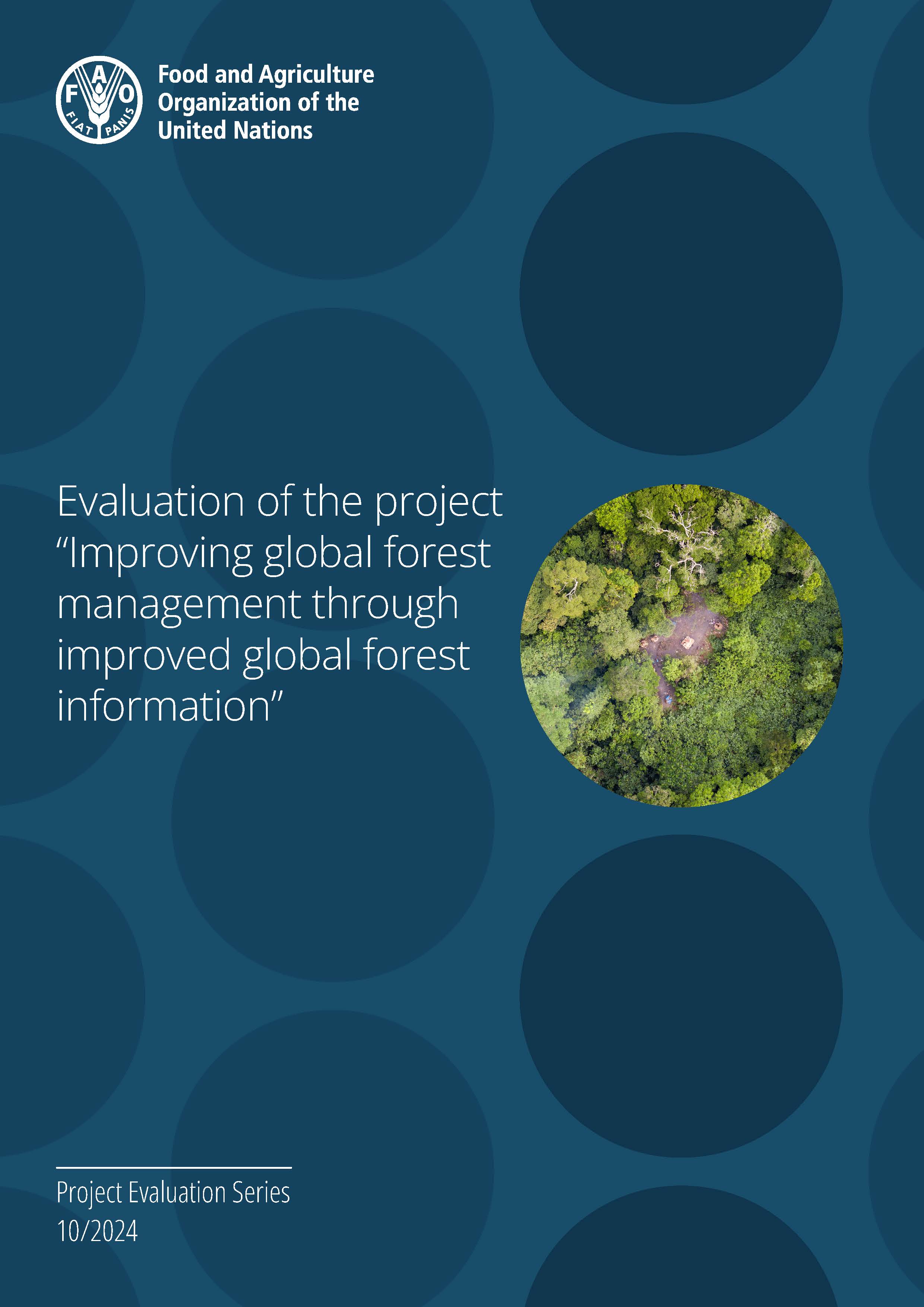
Evaluation of the project “Improving global forest management through improved global forest information”
2024
The project has clear comparative advantages and occupies a unique global niche, but differences with other forest resource assessment processes need further clarification and communication. The project has well established and functional systems of project management, but risk management practices need strengthening.
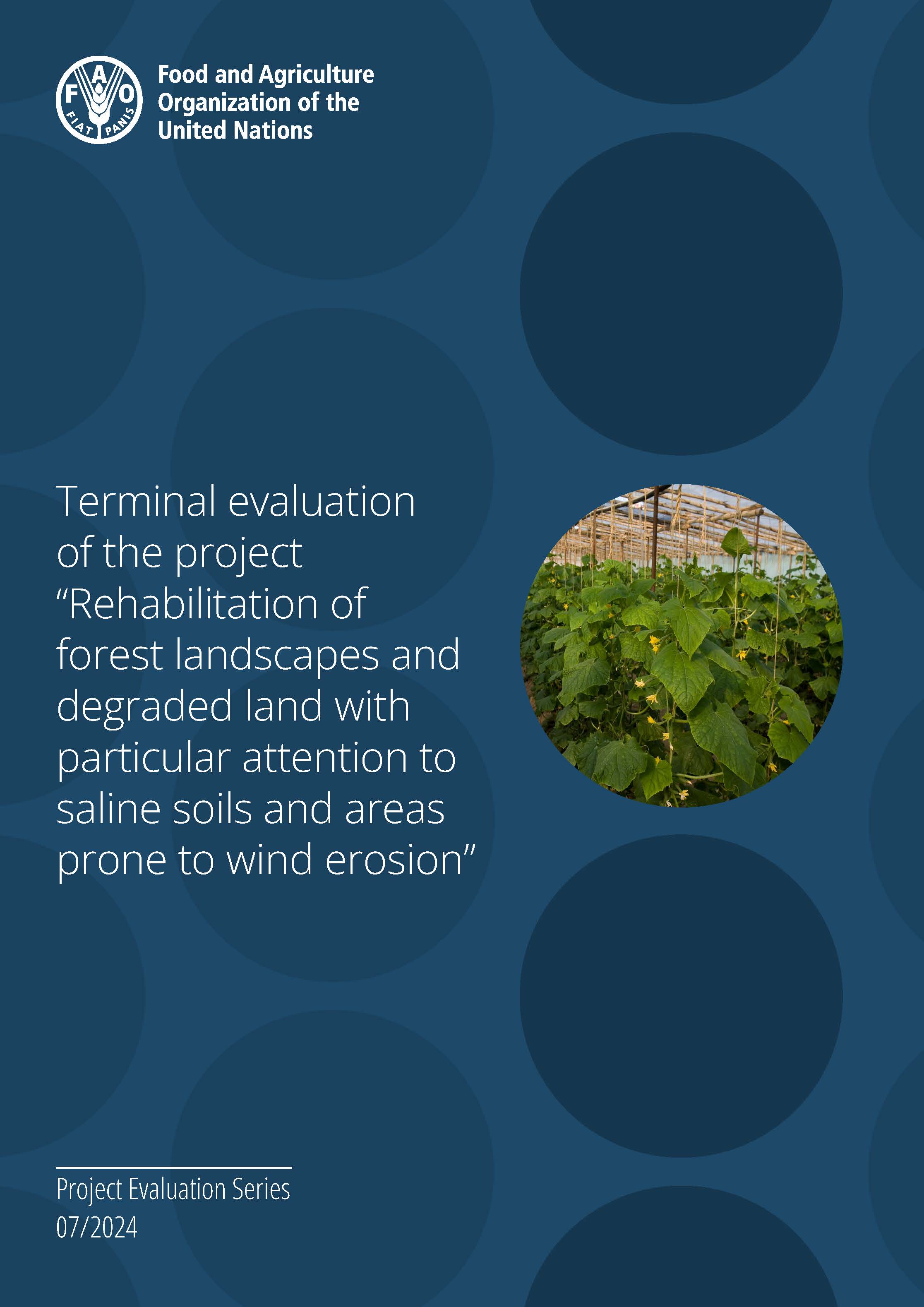
Terminal evaluation of the project “Rehabilitation of forest landscapes and degraded land with particular attention to saline soils and areas prone to wind erosion”
2024
The project aimed to strengthen capacity of local communities and institutions to plan, implement and evaluate participatory sustainable land and forest management initiatives; adopt and implement alternative livelihood options and enhance capacity to mainstream these approaches into national plans, policies and processes. The outcomes were consistent with national policies and plans, and successful in building local capacity, and influencing policy, institutional and interdepartmental linkages.
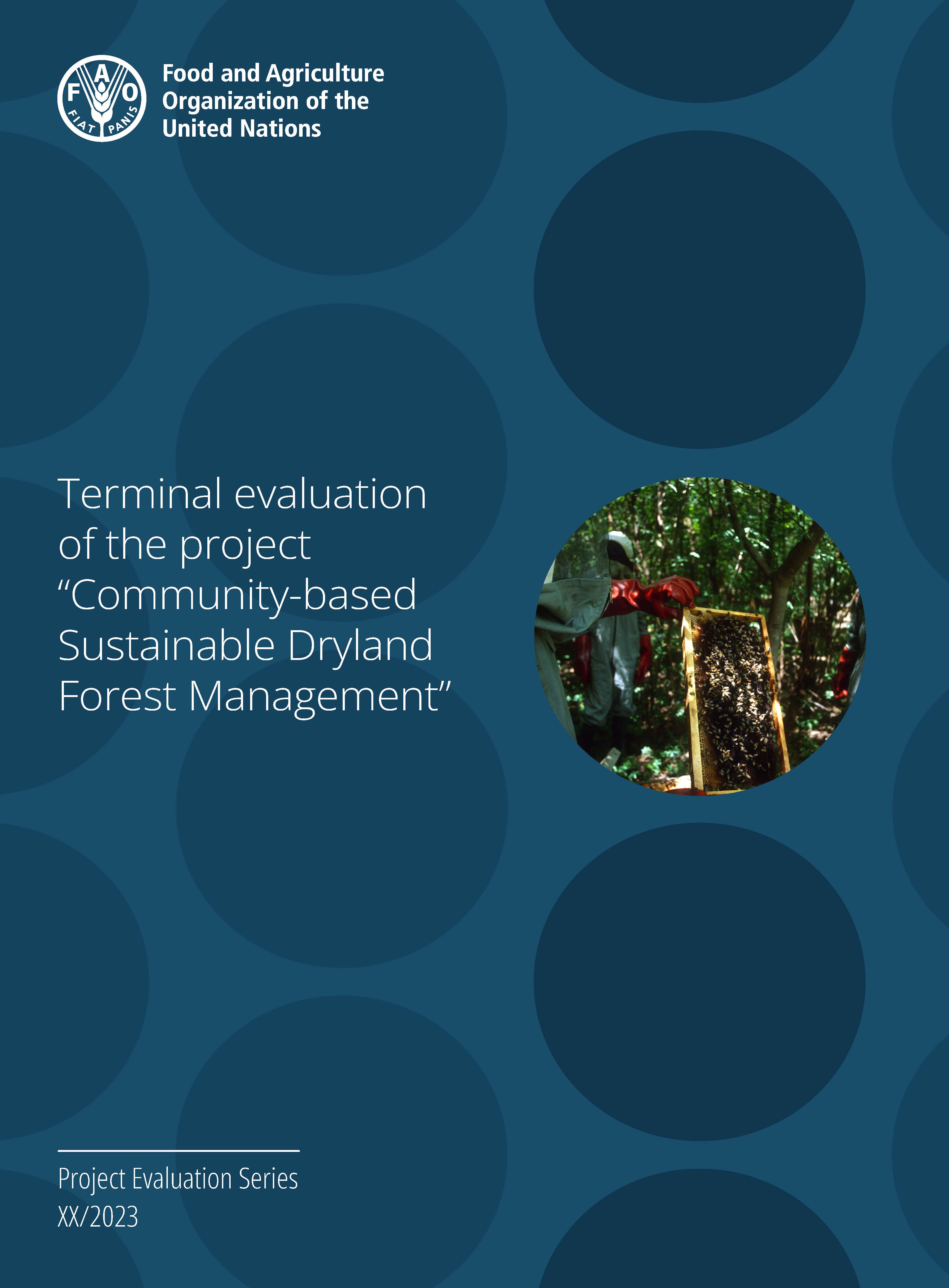
Terminal evaluation of the project "Community-based Sustainable Dryland Forest Management"
2024
The project was satisfactorily implemented to achieve its objective to “reduce forest degradation in the northern part of the Gambia through the strengthening and expansion of community-forestry and implementation of sustainable forest management practices”. The project has been satisfactorily implemented with positive outcomes, such as improved forest management and entrepreneurship knowledge and skills development of target communities for improved livelihoods.
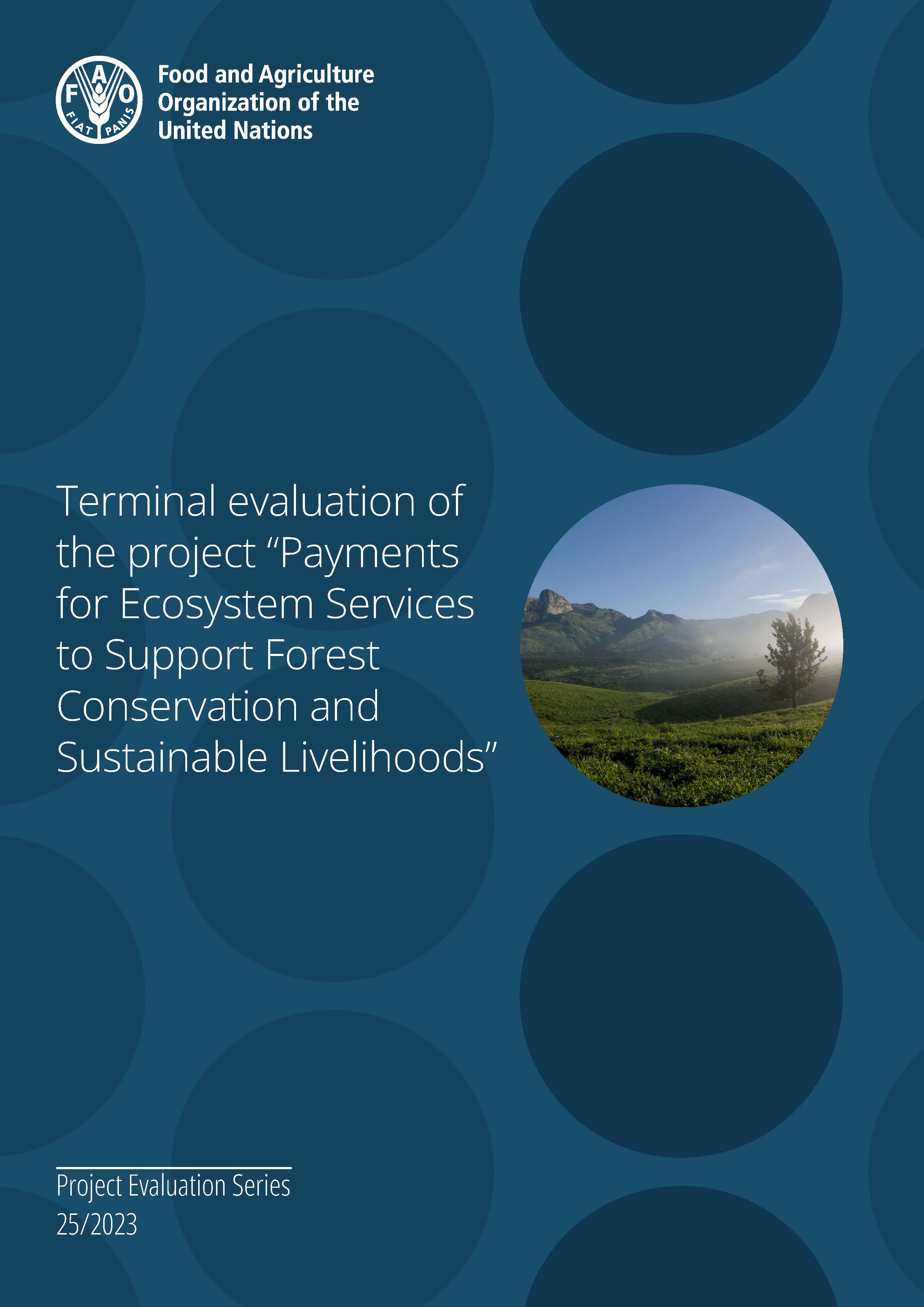
Terminal evaluation of the project “Payments for Ecosystem Services to Support Forest Conservation and Sustainable Livelihoods”
2023
Key recommendations involve: flagging the most promising communities for national authorities as potential grant applicants under the REDD+ programmes; preparing an exit plan for the four districts that benefit from the project to ensure minimum technical follow-up in the supported communities; and systematizing the approach, experience and good results achieved with the practices of the beekeeping and savings and credit groups to reinforce the project’s learning dimension.
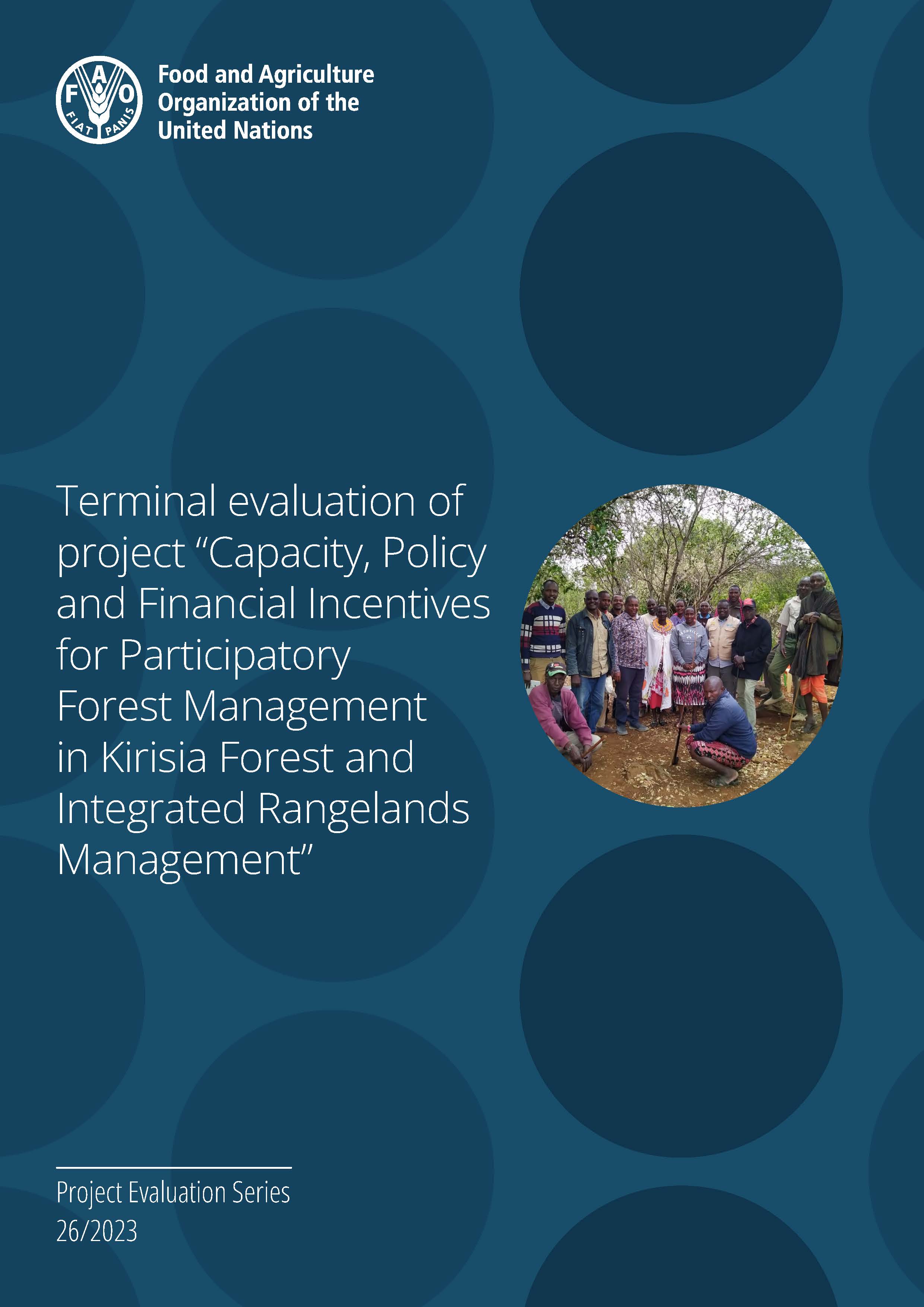
Terminal evaluation of project “Capacity, Policy and Financial Incentives for Participatory Forest Management in Kirisia Forest and Integrated Rangelands Management”
2023
The participatory forest management project was implemented through a partnership between FAO, the Kenya Forest Service, the Kenyan Wildlife Service, Samburu County Government, Kenya Forestry Research Institute, Community Forest Associations and the Suyian Trust. The evaluation assesses the extent to which the project’s global environmental objective and development objective were realized.
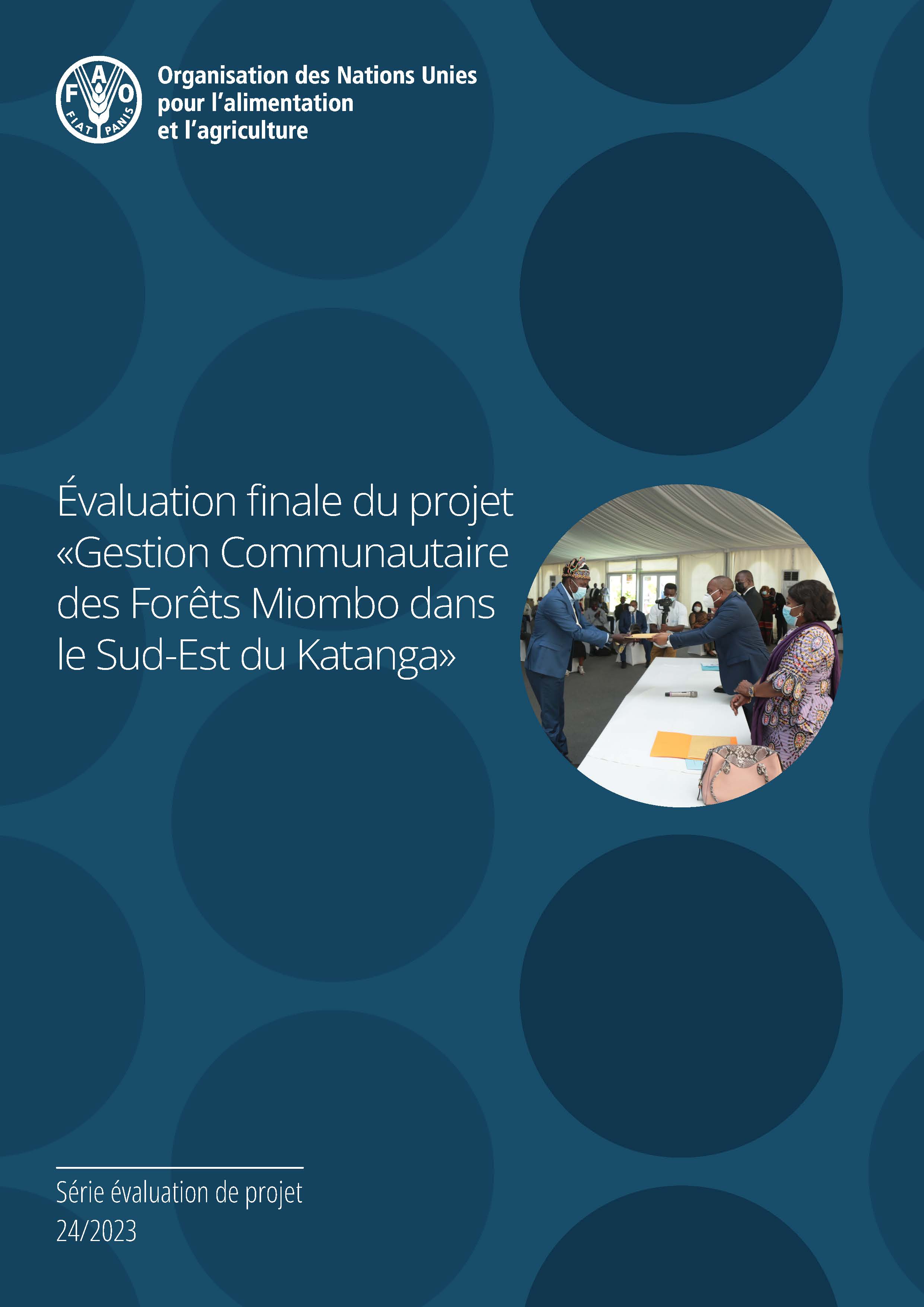
Terminal evaluation of the project “Community Management of Miombo Forests in South-East Katanga”
2023
The project aimed to promote sustainable management and restoration of Miombo forest ecosystems in the South-East of Katanga. The performance of the project to be generally satisfactory. The report presents the salient results of the project, the lessons to be taken into account as well as the measures to be applied to consolidate the achievements, ensure their sustainability and promote impact.
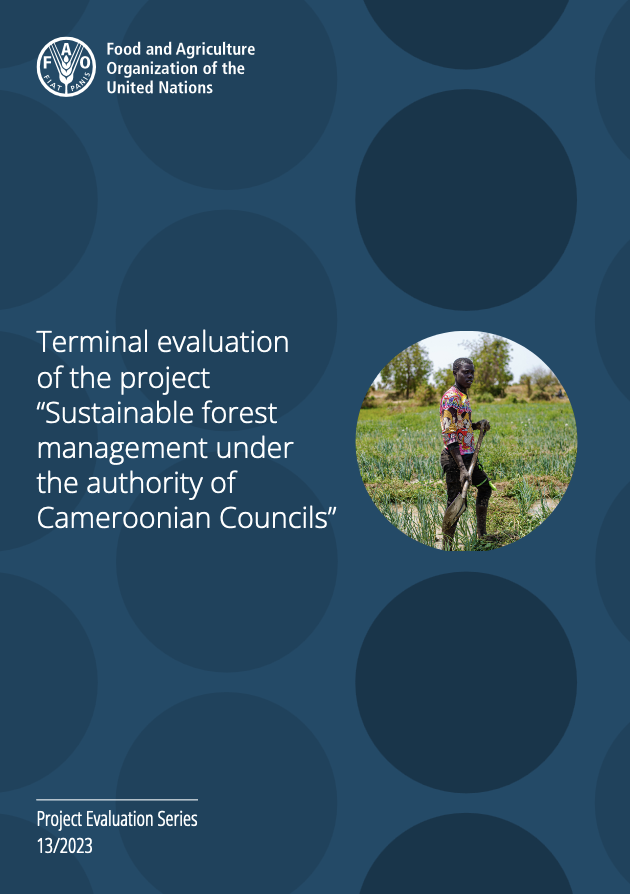
Terminal evaluation of the project “Sustainable forest management under the authority of Cameroonian Councils”
2023
The final evaluation found the project was highly relevant to the needs of national governments and of Cameroonian councils, the FAO, and GEF. Significant capacity building of local council officials, Peasant Forest Committees and Council Forest Cells were achieved on sustainable forest management issues and carbon management. Project gains are likely to continue beyond the project but this is contingent on actions taken to address financial, institutional, social and environmental risks.
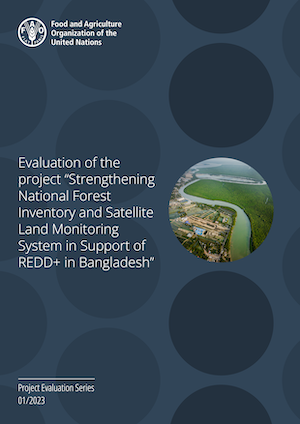
Evaluation of the project "Strengthening National Forest Inventory and Satellite Land Monitoring System in Support of REDD+ in Bangladesh"
2023
The evaluation concluded that the new Bangladesh Forest Inventory and Satellite Land Monitoring System developed under this project will greatly improve the consistency and standing of reporting by Bangladesh, including those for forest resources assessment, SDGs and REDD+.

Terminal evaluation of the project “Forest Resources Assessment and Monitoring to Strengthen Forest Knowledge Framework in Azerbaijan”
2022
The project objective was to support the implementation of sustainable forest management in Azerbaijan, increase the social and economic benefits gleaned from forests, improve the quality of existing forests, and increase carbon sequestration. The evaluation found that, despite a broad scope, limited timeline and limited resources, the project addressed and secured full achievement of the most strategic parts under two components.
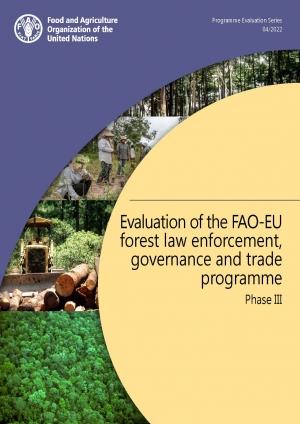
Evaluation of the FAO-EU forest law enforcement, governance and trade programme – Phase III
2022
The FAO-EU forest law enforcement, governance and trade (FLEGT) programme seeks to reduce and eventually eliminate illegal logging. The FAO-EU FLEGT Programme funds projects created by governments, civil society and private sector organizations in Latin America, Africa and Asia to improve forest governance and promote trade in legal timber products on domestic and international markets.
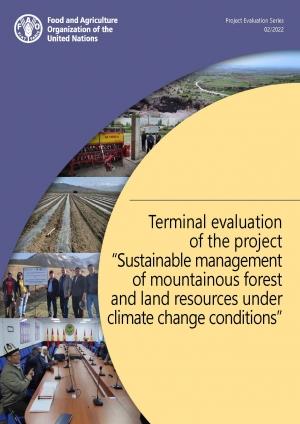
Terminal evaluation of the project "Sustainable management of mountainous forest and land resources under climate change conditions"
2022
The project was designed to address the following interlinked barriers preventing sustainable land and forest management outcomes and building resilience to climate change in Kyrgyz mountain ecosystems: inadequate legal framework for sustainable forest and land management, inadequate land tenure reforms, outdated approaches to sustainable forest and land management, and limited capacity of local institutions.

Mid-term evaluation of the project “Forest and Farm Facility – Climate resilient landscapes and improved livelihoods” – Phase II
2021
The second phase of the Forest and Farm Facility (FFF) aims at supporting forest and farm producers and their organizations (FFPOs) to enable climate-resilient landscapes and improved livelihoods, through the approval of small grants for producers organizations, training and exchanges, and the documentation and dissemination of good practices.
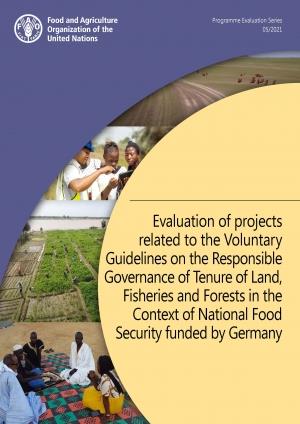
Evaluation of projects related to the Voluntary Guidelines on the Responsible Governance of Tenure of Land, Fisheries and Forests in the Context of National Food Security funded by Germany
2021
FAO has been promoting the Voluntary Guidelines on the Responsible Governance of Tenure of Land, Fisheries and Forests (VGGT) in several countries and the Federal Republic of Germany had significantly contributed by financially supporting FAO’s activities. The programme contributed through multi-stakeholder platforms to an inclusive dialogue which led in most countries to the emergence of a common vision on land governance and positively influenced the land reform processes.
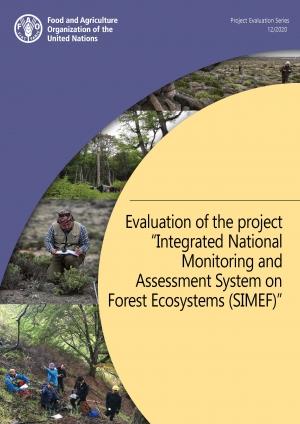
Evaluation of the project "Integrated national monitoring and assessment system on forest ecosystems (SIMEF)"
2020
From August 2015 to May 2020, FAO implemented the project in order "to develop and implement an integrated monitoring and assessment system on carbon stocks and biodiversity in forest ecosystems (SIMEF) supporting the National Greenhouse Gases Inventory (INGEI) and the design of policies, regulations and SFM practices incorporating the REDD+ Programme and biodiversity conservation in forest ecosystems".

Terminal evaluation of the project “Mainstreaming biodiversity conservation, sustainable forest management and carbon sink enhancement into Mongolia’s productive forest landscapes”
2020
Forestry plays a minor but important role in the livelihoods of vulnerable populations in Mongolia. The country has developed a Participatory Sustainable Forest Management (PSFM), integrating livestock raising with forestry. The project was designed to strengthen the PSFM process, thereby improving livelihoods and the ecological status of forests.

Terminal evaluation of the project “Improving forest and protected area management in Trinidad and Tobago”
2020
This report presents the main findings from the terminal evaluation of the project. The project, funded by GEF and implemented by FAO, sought to conserve globally important biodiversity and ecosystems in Trinidad and Tobago. The evaluation focuses on results achieved, it identifies the impact of the project, the sustainability of project outcomes and the degree of achievement of the outcomes in the long-term.
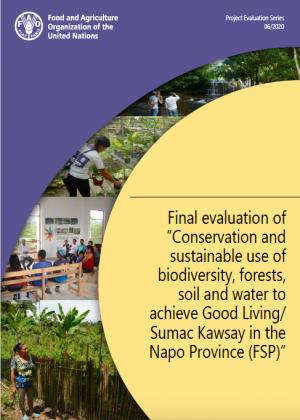
Final evaluation of “Conservation and sustainable use of biodiversity, forests, soil and water to achieve Good Living/Sumac Kawsay in the Napo Province (FSP)”
2020
The project aimed to promote the conservation and sustainable use of biodiversity, reverse land degradation and deforestation and increase and improve the supply of goods and services from agriculture, livestock, and forestry in the province of Napo.
